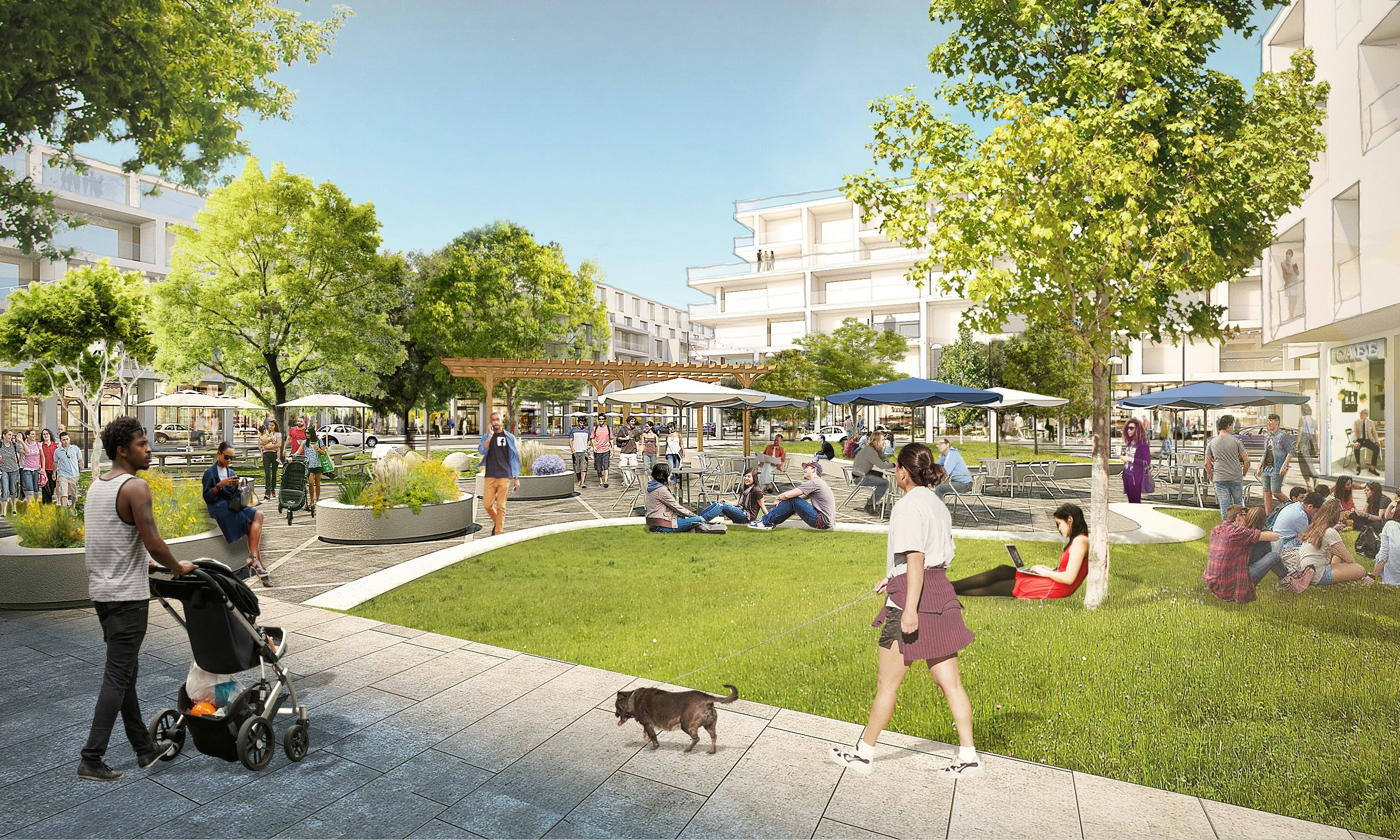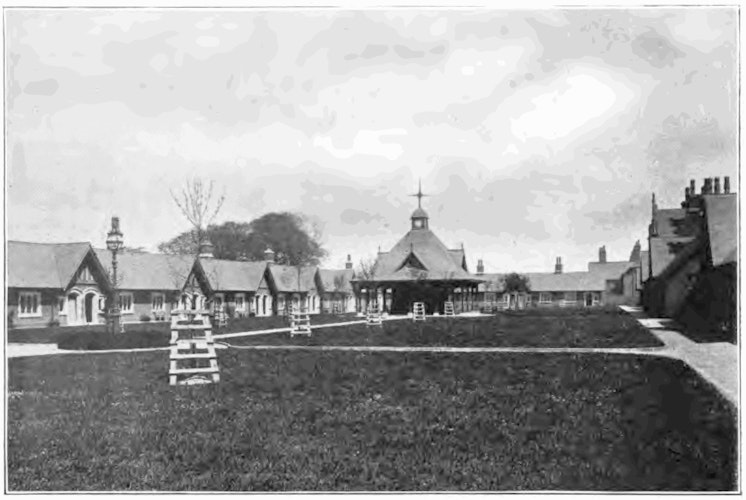Back to the future: Facebook village faces up to growing housing crisis
New apartments planned by Facebook for its own employees on its Menlo Park campus dust off an old idea pioneered by the titans of the first Industrial Revolution. Is a new paternalism stirring?
The news that Facebook is to build an entirely new village with 1,500 homes for its own employees on its Menlo Park campus just 30 miles south of San Francisco has set the global workplace wires buzzing.

An artist’s impression of Willow Campus which will be part of the new Facebook village for workers
When ‘Willow Campus’ opens in 2021, it will include a grocery store, pharmacy and cultural centre along with the new apartments – all part of Facebook’s determination to find a solution to a local housing crisis that has seen rents soar and public infrastructure fail to keep pace.
But the vision of providing a village to better the lives of your employees is no new concept to industrialists. In fact it was brainchild of the super-wealthy business owners in the Industrial Revolution during the 19th century.
Today, amid a digital disruption so profound that has been termed the second Industrial Revolution, there is some irony in the tech giants of the digital era dusting off an old idea – especially as their astronomical growth has been one of the reasons why house prices are so high in Silicon Valley anyway.
Mirroring industry titans
What’s interesting is not just how digital-era companies today are mirroring the industrial titans of 150 years ago but also the way in which such moves are criticised by defenders of the public realm for the same reasons.
As Facebook invests in housing for its own staff, some are asking what is taken away from the wider community? It is a familiar charge.
In the UK, powerhouse of the first Industrial Revolution, Sir Titus Salt built the Yorkshire village of Saltaire in 1855 to improve employee health conditions and work conditions by providing dwellings with water, sanitation and gas supply. But progress came at the expense of public housing and unions, which Titus Salt was determined to keep out of his business.
The Lever Brothers created Port Sunlight in 1888 to accommodate their soap factory workers and George Cadbury built 143 cottages in Bourneville in 1895 to provide a place for his industrial workers to thrive. Both model villages proved inspirational in the early industrial era but did not last.
Today the paternalistic principle is right back on the agenda – and it’s not just at Menlo Park. Google’s parent company, Alphabet, will join Facebook in its efforts to create affordable housing at nearby Mountain View through a $30 million investment to provide prefabricated apartments for 300 employees.
Living by their rules
One can see the benefits to big businesses of building employee housing right on the doorstep of their HQs – they can attract and retain talent while helping to ease the strain on housing in the community more widely. Of the 1,500 proposed houses built in Menlo Park, 15 per cent will be affordable and open to everyone in the community.
Facebook employs 9,000 people in its HQ; building accommodation right next door could reduce commuting traffic significantly in the area. Indeed the proposed village has been conceived as a sustainable destination.
But are we just seeing a return of large corporations lording it over not just their employees but also entire geographical locations? Sir Titus Salt did significantly improve the living conditions of his employees in his Saltaire village, but everyone had to live by his rules. That meant keeping the labour unions at bay.
However altruistic Facebook’s vision for Willow campus might be, there is a ‘Big Brother’ argument that suggests employees could be living under the corporate microscope in their own homes.
Longer working hours and a greater commitment to work, whilst also being under the influence of the company ethos at all times, could reward the landlord employer as much as local housing benefits the commute-free employee.
In an age when work-life balance is becoming work-life blend or blur, living next to work with attractive benefits could increase job satisfaction and in turn boost productivity. It’s not new concept, but if it worked for the Lever Brothers and Titus Salt, tech giants in congested, competitive, over-priced Silicon Valley are game to give it a go.








